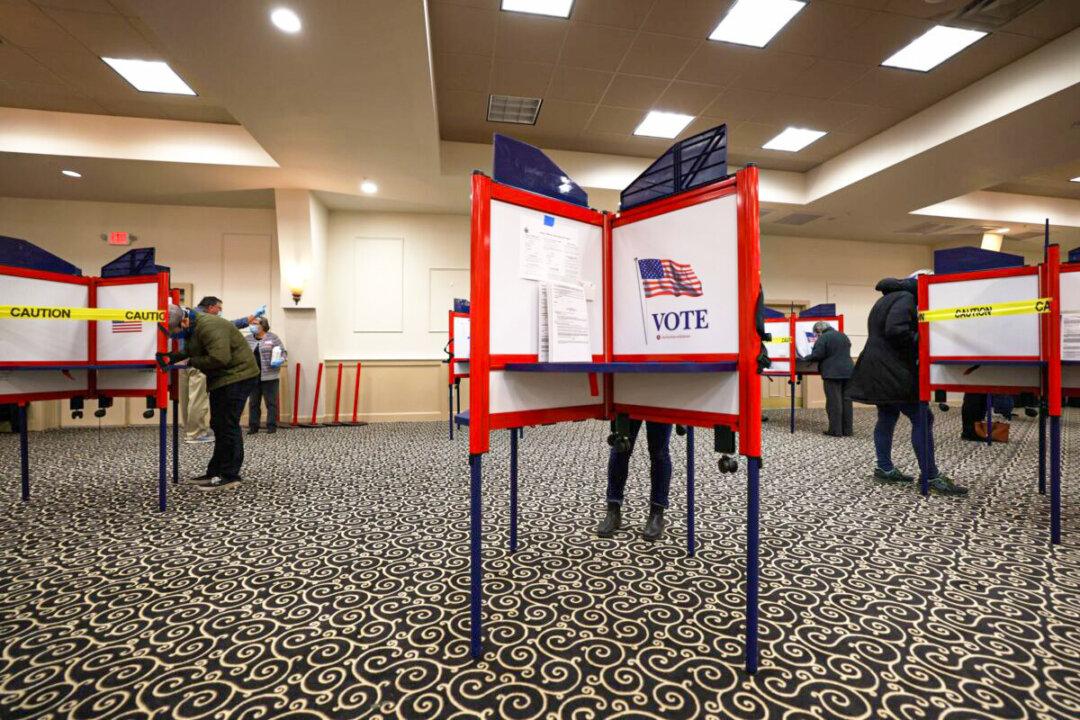The Public Interest Legal Foundation (PILF) wants to know whether some people are registered to vote in the state of Maine and the state of New York at the same time.
To get the answer to that question and more, in October 2019, the PILF requested a copy of Maine’s statewide voter roll from the Maine Secretary of State’s Office.





